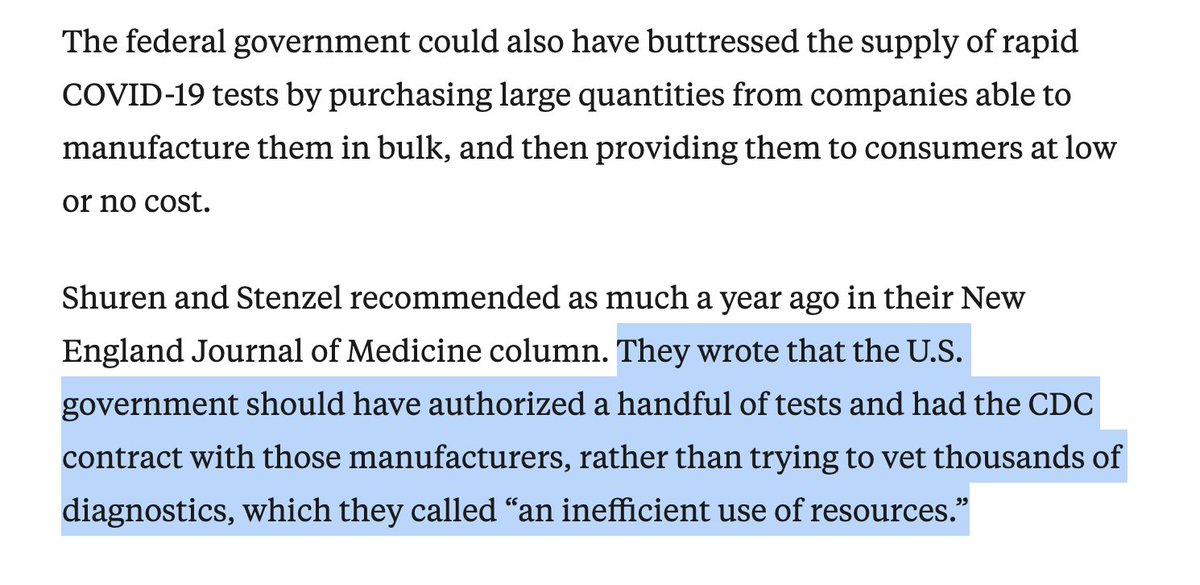
What the antitrust bar misses is that the 'participants' are not just #BigLaw but everyone in the economy. Mergers have harmed tens of millions of people, and if we enforced the law as intended most mergers would be illegal. Antitrust law was not written so you could have a club.
https://twitter.com/JarodBona/status/1456402717543321603
The simplest rule would be that all mergers above $1 billion are illegal. The current rule is that all mergers are arbitrarily decided by a random judge who probably finds dueling corrupt economists confusing, intimidating and irritating.
https://twitter.com/JarodBona/status/1456406963906961414
What actually angers antitrust attorneys about Lina Khan is that she isn't in the club and didn't pay her dues. Instead she wants to actually wield the authority Congress gave the FTC to ensure fair markets. That's really all it is.
Here's an antitrust lawyer explicitly saying they are encouraging their clients to violate merger law because they know that Khan doesn't have the resources to sue all of them. It's basically an attempt at a coordinated crime spree. thedeal.com/activism/corpg… 

• • •
Missing some Tweet in this thread? You can try to
force a refresh








